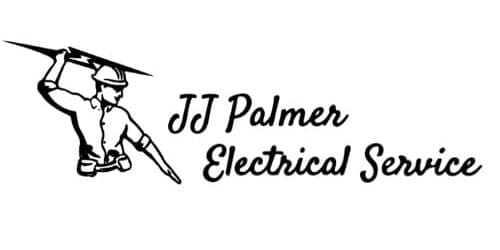Investing in Real Estate in Montreal: A Comprehensive Guide
Montreal, identified for its vibrant culture and growing economic system, offers a promising landscape for actual estate funding. With a various market, steady financial situations, and rising property values, investing in Montreal’s actual property can be a profitable alternative. This information explores key concerns and strategies for Arrondissement ville-marie profitable actual property funding in Montreal.
Understanding the Montreal Real Estate Market
1. Market Overview
Montreal’s real estate market has been experiencing steady progress, pushed by a strong native financial system, inhabitants progress, and a robust rental market. The city’s actual property landscape options a combination of residential, industrial, and industrial properties. Key neighborhoods and districts have shown appreciable appreciation in property values, making them attractive for buyers.
Residential properties, including single-family properties, condominiums, and multi-family units, are particularly well-liked amongst traders as a result of metropolis’s rising demand for rental housing. Additionally, Montreal’s commercial actual estate sector, including office spaces and retail properties, provides investment opportunities given the city’s business-friendly environment.
2. Economic and Demographic Factors
Montreal’s financial system is diverse, with significant contributions from sectors corresponding to know-how, finance, and education. The city’s status as a significant academic hub, residence to a quantity of universities, also drives rental demand. Population growth and an inflow of worldwide students and professionals contribute to the energy of the rental market.
Investors ought to think about these financial and demographic factors when evaluating potential investment properties. Areas experiencing financial growth or demographic growth typically current larger returns on funding.
Strategies for Real Estate Investment in Montreal
1. Residential Rental Properties
Investing in residential rental properties is a popular technique in Montreal. With a high demand for rental housing, notably in central and student-friendly neighborhoods, http://WWW.Bdavani.com proudly owning rental properties can provide a gentle income stream. Investors should consider factors such as location, property condition, and rental yield when choosing properties.
Neighborhoods such as Plateau Mont-Royal, Griffintown, and Mile End are recognized for his or her sturdy rental markets and potential for property appreciation. However, investors must also discover emerging neighborhoods where property values are anticipated to rise.
2. Commercial Real Estate
Commercial real property funding in Montreal consists of office buildings, retail spaces, and industrial properties. The city’s rising business sector and strategic location make it a beautiful place for industrial investments. Investors should consider market trends, tenant demand, and lease agreements when considering business properties.
Office areas in central business districts and retail properties in high-traffic areas are notably desirable. Additionally, industrial properties could profit from Montreal’s position as a logistics hub.
three. Flipping Properties
Flipping properties—buying, renovating, and reselling them for a profit—is another funding technique in Montreal. This strategy requires a eager eye for undervalued properties and the power to handle renovation tasks successfully. Investors should assess the potential for property appreciation and renovation costs to ensure profitability.
4. Real Estate Investment Trusts (REITs)
For investors looking for a more passive strategy, Real Estate Investment Trusts (REITs) provide an opportunity to spend money on actual estate without instantly proudly owning properties. REITs pool funds from a number of investors to put cash into varied real estate assets, providing common income and diversification.
Conclusion
Investing in Montreal’s actual estate market presents a variety of alternatives, from residential and industrial properties to property flipping and REITs. By understanding the native market dynamics, considering financial and demographic elements, and employing strategic funding approaches, traders can capitalize on the city’s development and development. With careful planning and analysis, Montreal’s actual property market can offer substantial returns and a strong basis for constructing a successful funding portfolio.
